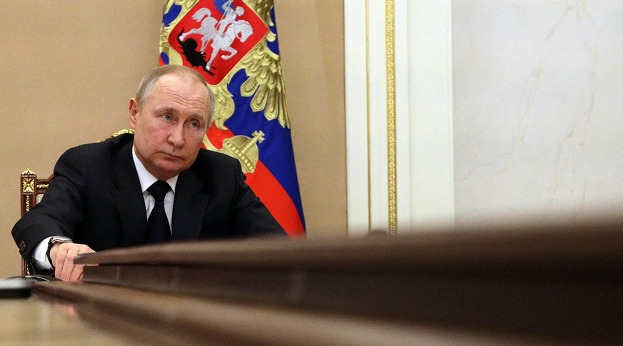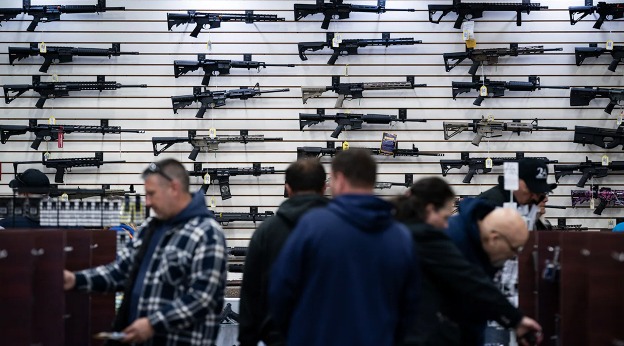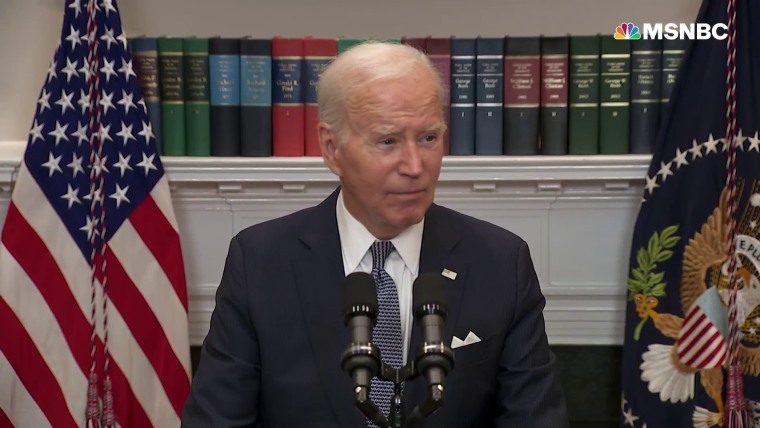Global Negative Perception of Russia and Putin: Survey Reveals Widespread Disapproval
A recent survey conducted by Pew Research Center has shed light on the global perception of Russia and its president, Vladimir Putin. The results are in, and they are not favorable. Across 24 countries, a staggering 82% of adults hold an unfavorable opinion of Russia, with a similar lack of confidence in Putin’s ability to handle world affairs. In fact, in countries like Poland, Sweden, Spain, Japan, South Korea, Australia, the Netherlands, Germany, France, the United Kingdom, and the United States, over 90% express no confidence in Putin.
Dismal Ratings Following Ukraine Invasion: Russia’s Reputation Takes a Hit
Russia’s invasion of Ukraine in February 2022 has had a significant impact on its ratings. This year’s survey reveals that Russia and Putin have hit all-time lows in several countries. It’s important to note that this data was collected prior to the recent uprising by the Russian paramilitary organization, the Wagner Group.
Mixed Opinions on Zelenskyy: Contrasting Views on Ukrainian President
In contrast to Putin, Ukrainian President Volodymyr Zelenskyy receives a more favorable reception. A median of 51% express confidence in Zelenskyy’s leadership. However, opinions on Zelenskyy vary across countries, with fewer than half expressing confidence in him in ten nations, including NATO members Hungary, Greece, and Italy.
NATO’s Favorable Perception and Divisions: Support for Ukraine and Partisan Divide
NATO, which has provided support to Ukraine since the invasion, is viewed favorably by eleven member states included in the survey. While NATO has generally enjoyed positive views in recent years, sentiments have slightly improved in Greece and Poland since 2022. However, negative opinions of NATO have increased in Hungary and the United States. Notably, there is a significant partisan divide within the U.S., with 76% of Democrats having a favorable view compared to 49% of Republicans.
Debates on Being Tough with Russia or Maintaining Energy Access: A Delicate Balance
In eleven European countries surveyed, as well as India, respondents were asked about the importance of being tough with Russia on Ukraine or maintaining access to Russia’s oil and gas reserves. The results show that a median of 66% prioritize being tough with Russia, while 29% favor maintaining energy access. However, countries like Hungary, India, and Greece showed a higher preference for maintaining access to Russia’s resources, while Sweden and Poland leaned towards taking a tough stance.
Unique Perspectives in Greece, Hungary, and India: Contrasting Views on Russia and Ukraine
Greece, Hungary, and India stand out due to their distinct views on Russia, Putin, and Zelenskyy. Greeks and Hungarians hold more favorable opinions of Russia, express confidence in Putin, and have negative views towards Zelenskyy compared to their European counterparts. Hungary has faced criticism for delays in sanctioning Russia, while Greek sentiments lean toward neutrality in the conflict. In India, the only country where a majority has a favorable view of Russia and confidence in Putin, condemnation of the Russian invasion has been abstained.
These findings are part of a comprehensive Pew Research Center survey conducted from February 20 to May 22, 2023, with 30,861 participants from 24 countries. The survey covers additional topics such as ratings of Russia and Putin in middle-income nations, confidence in Zelenskyy, views of NATO, and international opinions on key leaders like Biden, Macron, and Scholz.
The Surprising Shift in Global Sentiment Towards Russia, Putin, and Zelenskyy
In recent years, the global sentiment towards Russia, its President Vladimir Putin, and Ukrainian President Volodymyr Zelenskyy has experienced a surprising shift. This shift, which has caught many analysts off guard, has significant implications for international relations and the geopolitical landscape.
For decades, Russia has been viewed with suspicion and skepticism by the international community. The annexation of Crimea in 2014 and the subsequent conflict in Eastern Ukraine further strained Russia’s relations with the West. The imposition of economic sanctions, coupled with accusations of election interference and human rights abuses, solidified the negative perception of Russia and its leadership.
However, in recent times, there has been a noticeable change in the global sentiment towards Russia. This shift can be attributed to several factors, including changing geopolitical dynamics, diplomatic efforts, and the emergence of new leadership in Ukraine.
One of the key factors contributing to this shift is the changing geopolitical landscape. The rise of China as a global power and the increasing tensions between China and the United States have led some countries to reevaluate their stance towards Russia. As the United States focuses more on countering China’s influence, some nations see Russia as a potential ally or a balancing force in the international arena.
Additionally, Russia’s diplomatic efforts have played a crucial role in altering global sentiment. The country has actively engaged in diplomatic initiatives, such as brokering peace talks in Syria and participating in negotiations on the Iranian nuclear deal. These efforts have portrayed Russia as a responsible global actor, capable of contributing to conflict resolution and stability.
Furthermore, the unexpected rise of Volodymyr Zelenskyy as the President of Ukraine has also influenced global sentiment towards Russia. Zelenskyy, a former comedian with no prior political experience, campaigned on a platform of ending the conflict in Eastern Ukraine and improving relations with Russia. His election was seen by many as a potential catalyst for positive change in the region.
Zelenskyy’s willingness to engage in direct talks with Putin and his efforts to implement reforms in Ukraine have been met with cautious optimism by the international community. This newfound willingness to engage in dialogue and find common ground has contributed to a more positive perception of both Zelenskyy and Russia.
However, it is important to note that this shift in sentiment is not universal. Many countries, particularly those in Eastern Europe and the Baltic region, remain deeply skeptical of Russia’s intentions. The memory of past conflicts and the ongoing tensions in Ukraine continue to shape their perception of Russia and its leadership.
In conclusion, the surprising shift in global sentiment towards Russia, Putin, and Zelenskyy has significant implications for international relations. The changing geopolitical landscape, Russia’s diplomatic efforts, and the emergence of new leadership in Ukraine have all contributed to this shift. While this change in sentiment is not universal, it highlights the complex and evolving nature of global politics. As the world continues to grapple with various challenges, understanding and analyzing these shifts in sentiment becomes crucial for policymakers and analysts alike.









